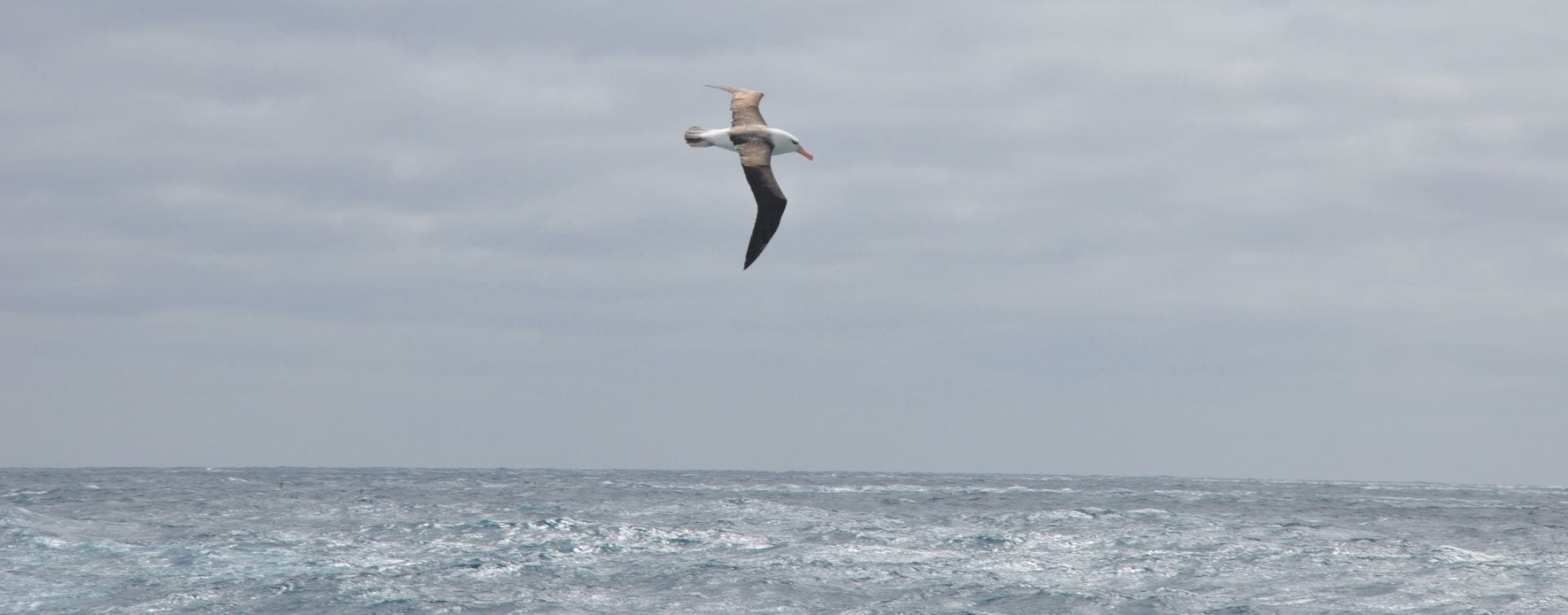Developing a mechanistic understanding of seabird responses to environmental variability

Climate change is having widespread and dramatic effects on global patterns of wind and ocean currents that are predicted to amplify in the future, but the consequences of these changes for animal movement and contingent biological processes have received little attention. Fluid flow has important effects on the cost of transport and life history characteristics in flying and swimming animals, and many exploit global patterns of wind and ocean currents for migrations and foraging movements. An improved understanding of how climate-driven atmospheric and oceanographic variability influences energetic budgets and population-level processes of animals is needed in order to accurately predict future impacts of climate change, particularly for threatened species. Understanding the mechanistic links between climate-driven variability in fluid flow, animal movement, energetics and population processes is a critical, yet often overlooked, component of the biological impacts of climate change.
The objective of this work is to develop a mechanistic model linking climate-driven variability in wind patterns to changes in seabird foraging energetics and life history. As highly mobile seabirds that rely on wind to reach distant foraging areas across vast expanses of ocean, albatrosses and giant petrels represent ideal study species through which to investigate links between fluid flow (wind and waves) and population-level impacts. The central hypothesis of this work is that climate-driven changes in wind and wave patterns influence life history characteristics of albatrosses and giant petrels (central place foragers) by mediating the cost of transport to distant foraging grounds. This research uses data from GPS tags, accelerometers, magnetometers, heart rate loggers, colony-based metrics of breeding success and global reanalysis products to examine relationships between wind, waves, energetics and life history in albatross and giant petrels.
This work is funded by an NSF CAREER award.


